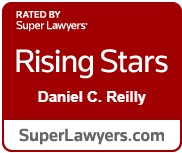
Boston's Go-To Criminal Defense Law Firm
Boston Drug Cultivation & Manufacturing Attorney
Strong Legal Defense Against Marijuana Cultivation & Manufacturing Charges
In Massachusetts, while possession of marijuana has been decriminalized for small amounts, the cultivation and manufacturing of marijuana remain serious crimes under state and federal law. Violations can result in severe penalties and lasting consequences. If you have been charged with cultivation or manufacturing, it is critical to work with a drug manufacturing attorney in Boston who understands the complexities of both local and federal statutes and will fiercely defend your rights and your future.
Although Massachusetts has enacted more progressive marijuana laws, authorities in Boston and Suffolk County maintain rigorous enforcement of cultivation and drug manufacturing offenses. Local and state agencies, sometimes in conjunction with federal officials, aggressively investigate suspected grow operations and drug labs. Cases involving drug cultivation or manufacturing often lead to dramatic legal challenges and life-changing penalties. Working with a drug manufacturing lawyer in Boston who is experienced in navigating these multi-jurisdictional issues can be essential to protecting your freedom and reputation.
At Brad Bailey Law, our Boston marijuana cultivation and manufacturing defense attorney has a proven track record of success in defending clients facing charges related to the cultivation and manufacturing of marijuana. We understand the seriousness of these charges and will work tirelessly to defend you and help you pursue the best possible outcome in your case. Our goal is to help you avoid the most serious penalties and consequences, and we remain committed to guiding you through every stage of the legal process.
Facing marijuana cultivation and manufacturing charges in Massachusetts? Call Brad Bailey Law today at (617) 500-0252 or contact us online to schedule a meeting with our marijuana cultivation and manufacturing lawyer in Boston.
Massachusetts Drug Manufacturing Laws & Enforcement
The Commonwealth of Massachusetts casts a wide net when prosecuting drug manufacturing offenses, regulating the creation, compounding, production, or preparation of controlled substances under Chapter 94C of the Massachusetts General Laws. This includes marijuana but also covers the manufacture of synthetic drugs, opioids, stimulants, and other controlled substances. In Boston, cases frequently involve city police, Suffolk County authorities, and sometimes federal agencies like the DEA. Investigations are often initiated through community tips, suspicious patterns of utility use, or findings during other law enforcement actions related to narcotics.
Securing the representation of a knowledgeable drug manufacturing attorney in Boston is essential due to the overlapping state and federal statutes that may be at play. For example, federal prosecution may occur if there are allegations of distribution across state lines or the use of the United States postal system. Brad Bailey Law utilizes deep familiarity with Boston and federal courts to defend clients against aggressive prosecution. Our approach involves challenging every aspect of the state's evidence, from the existence of probable cause for searches to adherence to law enforcement protocols, always with the goal of protecting your constitutional rights throughout the legal process.
Defending Drug Manufacturing Charges in Boston Courts
If you are facing allegations of drug manufacturing in Boston, your situation may be handled in either the Suffolk County Superior Court or Boston Municipal Court depending on the severity of the offense. The process typically begins with arraignment, followed by pre-trial hearings, and, if necessary, a full trial. Prosecutors commonly rely on evidence such as undercover surveillance, forensic analysis, and witness testimony to make their case in these courts.
Having a drug manufacturing lawyer in Boston who is well-versed in local defense strategies is a significant advantage throughout your case. At Brad Bailey Law, I draw upon my unique experience as a former state and federal prosecutor to develop legal strategies tailored to Boston’s judicial environment. This process includes analyzing the procedures followed during your arrest, the forensic evidence presented, and the conduct of law enforcement. We continuously seek opportunities to have evidence suppressed, reduce charges, or craft compelling arguments for trial, all while leveraging our insider understanding of how Boston prosecutors approach these cases.
What Is the Cultivation of Marijuana?
The cultivation of marijuana involves planting, growing, or harvesting marijuana plants and is a felony offense in Massachusetts. Penalties can include up to 10 years in prison and as much as $500,000 in fines, with increased severity if the cultivation occurs near schools or parks.
Boston law enforcement and Massachusetts State Police actively monitor for large-scale marijuana cultivation, especially in residential neighborhoods or properties near public spaces. The city’s proximity to key transportation routes—including Logan International Airport—means that both state and federal law enforcement may become involved in cultivation cases. A drug manufacturing lawyer in Boston must be adept at handling a wide variety of legal nuances, ranging from local zoning concerns to broader criminal laws. Understanding the threat of property forfeiture and the significant investigative resources brought to bear by joint-task forces is crucial when mounting a successful defense in the Boston area.
The cultivation of marijuana can include both growing and propagating marijuana plants, as well as possessing seeds for the purpose of illicit cultivation. While seed possession for legal purposes (such as hemp production) may not be an offense, feminized seed cultivation for marijuana production is illegal under Massachusetts law. These details are important for anyone facing charges and highlight the importance of consulting a Boston drug manufacturing lawyer who can interpret nuances in local and state regulations.
What Is the Manufacturing of Marijuana?
The manufacturing of marijuana under Massachusetts law refers to the transformation of cannabis plants into products for human consumption or distribution—such as oils, edibles, or concentrates. Manufacturing is prosecuted as a felony in Massachusetts, with a maximum penalty of up to 10 years in prison and fines as high as $500,000. The law is particularly strict when manufacturing occurs near schools, parks, or other protected locations, increasing both the seriousness of charges and potential penalties.
How Manufacturing Investigations Proceed in Boston
Boston police and Suffolk County narcotics units often work in tandem with federal agencies to monitor, investigate, and prosecute marijuana manufacturing operations. They may utilize confidential informants, surveillance, and forensic analysis to build a case. Labs and kitchens suspected of producing concentrates or edibles can be subject to extensive searches and rigorous evidence collection. If charged, immediate action with a drug manufacturing attorney in Boston is critical, as prosecutors will use all resources at their disposal to secure a conviction.
Types of Marijuana Products Considered Unlawful
Popular forms of marijuana manufacturing include the production of edible products, extraction of cannabis oils, and creation of concentrates. Massachusetts law prohibits the unlicensed sale or production of these items. Edibles often mimic candies and baked goods, making them particularly concerning for law enforcement when marketing to minors or near sensitive locations. Even small-scale operations run the risk of harsh penalties if certain aggravating factors are present. Consulting a Boston drug manufacturing lawyer who understands the nuances of local enforcement helps ensure you are equipped with the strongest defense possible.
Penalties for Marijuana Cultivation & Manufacturing
The penalties for marijuana cultivation and manufacturing in Massachusetts can have far-reaching effects. Convictions may result in thousands of dollars in fines, extended community service hours, and prison sentences of up to 10 years. Aggravating factors can drive penalties higher—such as proximity to protected zones or involvement of minors. Property used in cultivation or manufacturing may be subject to government forfeiture, and accused individuals can be required to pay restitution if damages are alleged.
Offenses prosecuted in the Boston area may also trigger federal charges if they meet certain criteria, such as large-scale operations, use of interstate transit, or possession of equipment intended for sophisticated manufacturing. Prosecutors in Suffolk County and federal court often seek maximum penalties in especially egregious cases. In addition to court-imposed sentences, people found guilty may face consequences like loss of professional licenses, difficulty securing housing, and restrictions on future employment in Boston. Having a drug manufacturing lawyer in Boston who can strategize based on both Massachusetts General Laws and federal statutes is essential to mitigate or challenge these risks.
The cultivation and manufacturing of marijuana are very serious crimes. If you are facing charges for any of these offenses, you need a highly qualified marijuana cultivation and manufacturing defense attorney to guide you through the legal process.
Get Legal Help from Our Boston Marijuana Defense Attorney
Cultivation and manufacturing of marijuana offenses require prompt, informed action. If you have been charged with either of these crimes, it’s essential to consult an attorney who is not only familiar with Massachusetts law but also possesses a comprehensive understanding of Boston courts and the local legal landscape. At Brad Bailey Law, our experience allows us to deliver attentive, strategic defense for clients facing some of the most challenging criminal drug charges in the Boston area.
Courtrooms such as Suffolk County Superior Court and Boston Municipal Court frequently preside over high-stakes drug cultivation and manufacturing cases. Successfully navigating these venues involves a detailed knowledge of local procedures, law enforcement practices, and the tendencies of Boston prosecutors and judges. I use my unique experience as a former prosecutor at both the state and federal level in Boston—combined with my strong academic and professional background—to scrutinize every detail of your case. From the initial police investigation through the courtroom process, my approach is designed to protect your rights and pursue every possible defense strategy under Massachusetts and federal law.
Contact Brad Bailey Law today to schedule a FREE consultation with our marijuana cultivation and manufacturing attorney in Boston!
Frequently Asked Questions About Boston Drug Manufacturing Charges
What Should I Do If I Am Arrested for Drug Manufacturing in Boston?
If you are arrested for drug manufacturing in Boston, it is critical to remain calm and immediately invoke your right to remain silent. Do not attempt to explain or justify your situation to law enforcement before consulting a drug manufacturing lawyer in Boston. Assert your right to an attorney and avoid answering questions until your legal counsel arrives. The process can be daunting, but acting quickly to contact Brad Bailey Law will ensure your rights are protected, and we can provide guidance on every step, from initial police interviews to potential bail or release conditions. Our experience with Boston court procedures positions you for a more effective defense from the outset.
Can Drug Manufacturing Charges Be Reduced or Dismissed in Massachusetts?
Drug manufacturing charges in Massachusetts can sometimes be reduced or dismissed, depending on the facts of the case and the legal strategies available. Potential factors that may influence the outcome include the quantity and type of controlled substances, the circumstances leading to the arrest, the legality of searches, and credibility of evidence. A skilled drug manufacturing attorney in Boston can negotiate with prosecutors, identify weaknesses in the prosecution’s case, and explore opportunities like pre-trial diversion, evidence suppression, or dismissal based on procedural errors. At Brad Bailey Law, we analyze each aspect of your case to determine the best strategies to minimize penalties or seek dismissal whenever justified by the facts.
How Does Massachusetts Law Define 'Manufacturing' Drugs?
Massachusetts law defines the manufacture of drugs as any process involving the production, preparation, propagation, compounding, or processing of a controlled substance. This includes actions such as mixing chemicals, operating equipment to synthesize drugs, or growing plants intended for illicit use. Boston law enforcement agencies are particularly vigilant in looking for indicators of intent to manufacture, such as specialized lab equipment, hydroponic systems, or large quantities of precursor chemicals. Even possessing certain materials with the intent to manufacture a controlled substance can result in criminal charges. Because these cases often turn on technical details and forensic evidence, consulting a drug manufacturing lawyer in Boston who can interpret local statutes and investigative procedures is essential to developing a strong defense strategy.
Contact (617) 500-0252 to discuss the details of your case today!

The Right Choice for Your Case
-
"We cannot recommend Brad Bailey more highly to anyone facing criminal charges in any court at any level."Anonymous
-
"Brad Bailey is one of the best attorneys I've had. He's easy to talk to and listens. Gives great advice and is ready to do work hard for a positive outcome."Krysten O'Donnell
-
"This is one smart and hard-working attorney. He is attentive and he was ready to fight any angle the prosecutors could come up with. His experience in the legal forum is significant and it shows."Canda Share
Free Consultation
See How Our Award-Winning Attorney Can Fight for YouNot Guilty Verdicts & Dismissals in Cases Across America
-
Murder 1, Jury Trial
Not Guilty
Not guilty verdict after jury trial for client charged with murder.
- Aggravated (Gang) Rape, Jury trial Not Guilty
- Aggravated Rape of Child, forcible Rape of Child, Indecent A & B (Jury Trial) Not Guilty
- Forcible Rape, Jury Trial Not Guilty
- Arson Occupied Dwelling, Bomb Incendiary Device Federal Jury Trial Not Guilty
-
Perjury, Obstructing Justice, Federal Jury Trial
Not Guilty
Not Guilty: Perjury & Obstruction – Federal Jury Trial Victory.
- Obstructing Official Proceeding, Destruction of Records (Public Official) Federal Jury Trial Not Guilty
- Forcible Rape of Child, Jury Trial Not Guilty
- Forcible Rape, REVERSED ON APPEAL Dismissed
- Murder 1 Motion for New Trial GRANTED (after hearing) Verdict Reversed
- Trafficking in Cocaine, Jury Trial Not Guilty
- Conspiracy to Commit International Money Laundering, Defraud the USA, and Health Care Fraud (Federal Jury Trial) Not Guilty Verdicts
- Racketeering (RICO), REVERSED ON APPEAL (1st Cir) Dismissed
- Aggravated Rape of Child, Rape of Child, Disseminating Harmful Material, Jury Trial Not Guilty Verdicts
- Murder 1 [Adjutant Defense] Manslaughter Result
- Murder 1 (Jury Trial) Hung Jury
- Conflict of interest/ False Pretense Fraud (Jury Trial) Hung Jury / Dismissed
- Aggravated Felonious Sexal Assault (NH), Motion for new trial GRANTED (after hearing) INDICTMENTS DISMISSED
- Aggravated Rape of Child, rape of Child, indecent A & B ( Teacher), Jury Trial MISTRIAL; HUNG JURY
-
Forcible Rape, (Jury Trial)
Not Guilty
Not guilty verdict after jury trial for client charged with rape.
- Murder 1 [Insanity Defense] Charges Reduced
- Aggravated Rape of Child (age-gap) And Child Rape, Jury Trial Hung Jury/Mistrial Declared
- Possession of Child Pornography [Felony] MOTION TO SUPPRESS GRANTED - Bristol Co. Charges and Case dismissed
- Aggravated Rape of Child (2 counts), Rape of Child Not Guilty Verdicts
- Aggravated Rape of Child, Rape of Child, Indecent A & B INDICTMENTS DISMISSED ( PRETRIAL)
-
Aggravated Rape of Child, Forcible Rape of Child (Jury Trial)
Hung Jury / Indictments Dismissed
Indictment Dismissed
- Aggravated Rape of Child, rape of Child, indecent A & B ( Teacher), Jury Trial MISTRIAL; 2d HUNG JURY
- Possession Child Pornography (Felony) Motion to Suppress- Essex Co. GRANTED (after hearing)
-
Rape (Dublin Firefighter)
HUNG JURY / MISTRIAL
Commonwealth v. Terence Crosbie
- Falsification of Records, Fed jurisdiction NOT GUILTY VERDICT
- Armed Carjacking INDICTMENTS DISMISSED
- Medicaid false Claims INDICTMENTS DISMISSED
- Worcester County Child Rape Trial Not Guilty on All Counts
-
Impressive Results Across the Nation
-
Team Approach to Handling Your Case
-
Experience as a Former Prosecutor
-
One of The Nation's Top Firms



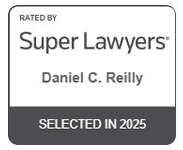





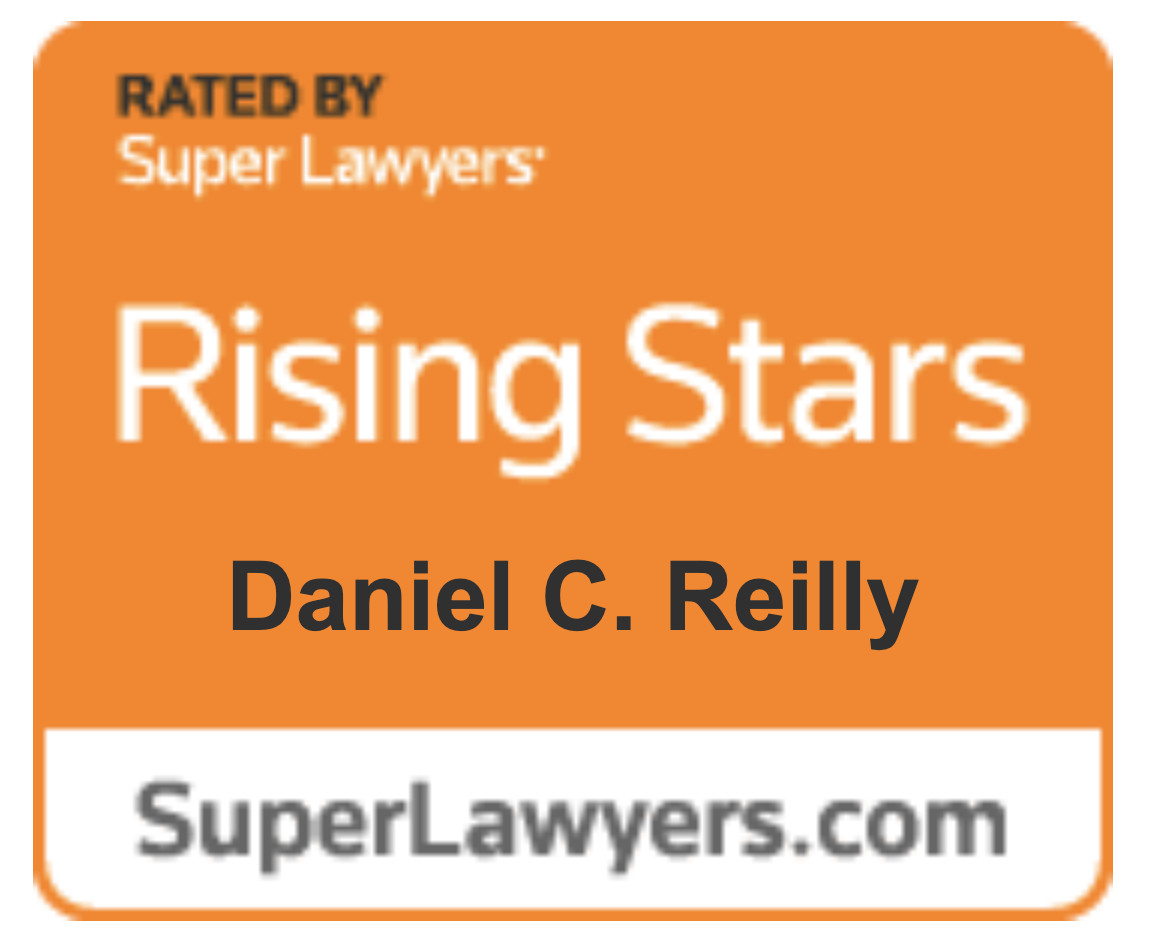
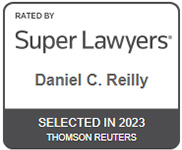
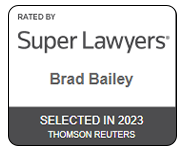


[1].2210101253391.png)
[1].2210101243217.png)
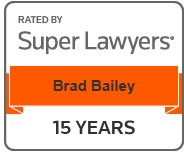
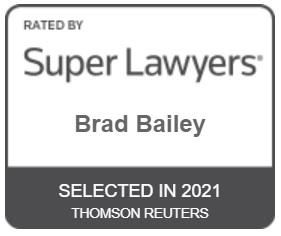
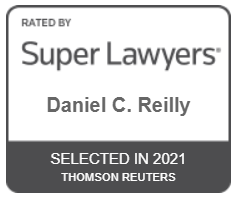




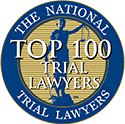

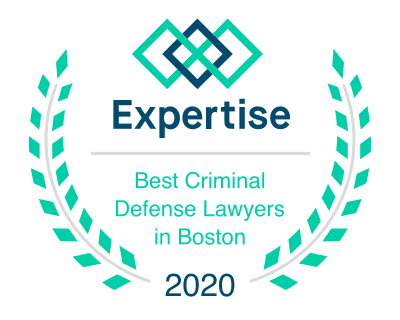

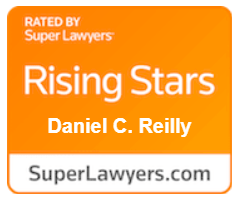

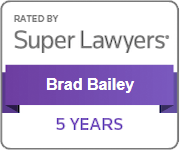
.2303241403550.png)

